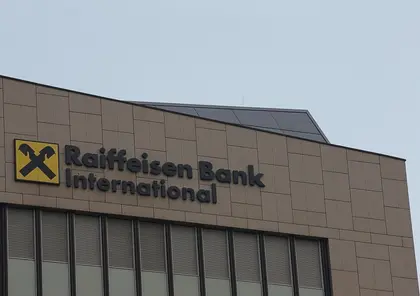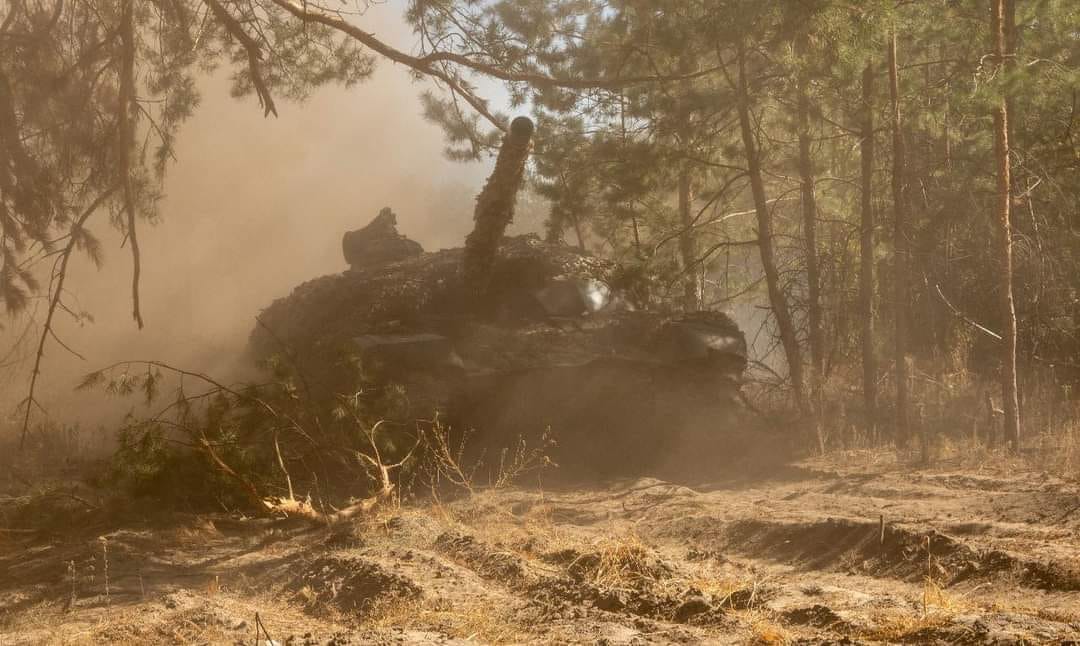According to German newspaper Bild, German companies in 2022 paid more funds into Russia than firms based in any other EU country.
Before Russia launched its full-scale invasion of Ukraine, 371 German companies were reportedly operating in the Russian Federation. While that has since decreased, it still remains high at more than 250.
According to the Ukrainian non-governmental organization B4Ukraine, total taxes paid by German companies to the Russian budget in 2022 amounted to $402 million – a record figure among all EU countries.
When considering these figures, it is worth noting that doing business with Russia remains legal. In fact, only certain goods and services are banned, including audit, IT consulting, oil import and purchase, luxury cars, jewelry, and aerospace products.
Despite this, many German companies chose to leave the Russian market following the country’s full-scale invasion of its neighbor in February 2022, including Siemens, Daimler and Wella.
However, large companies as Metro, Bayer, BMW, Hochland, Robert Bosch, Knauf Gips and others continue to reap revenues in Russia and pay taxes to the country's state budget. Furthermore, B4Ukraine notes that some of those companies choosing to continue operating in Russia took advantage of the departure of their competitors to boost profits.
Lion’s share
B4Ukraine, together with the Kyiv School of Economics (KSE), emphasize that Germany is not the only country to have contributed significantly to the Kremlin's coffers. Indeed, almost a quarter of all income tax paid in Russia in 2022 was by companies headquartered in the G7 nations.

Rare North Korean Long-Range Cannon Spotted Heading West in Russia
Of all the countries of the world, the US accounts for the largest share of funds paid to Russia, totaling $712 million. This is significantly lower than China, Germany or Japan. Furthermore, 44 percent of US companies with a presence in Russia at the beginning of the full-scale invasion continue their activities in the country today.
Turning to the EU, the total amount of taxes paid to the Russian budget by member states totaled $594 million in 2022. Meanwhile, these companies took receipt of $75 billion thanks to operations in Russia.
According to the KSE, at the beginning of the full-scale invasion, 241 (17%) out of 1,387 western companies with Russian subsidiaries completely left Russia. In 2022, global corporations, including those that had left the Russian market, generated more than $213 billion in revenue through their local Russian businesses and paid $3.5 billion in income taxes.
Sponsors of war?
B4Ukraine and KSE both stressed that, despite the Russian Federation becoming an unstable place to do business, some global brands decided to increase their influence in Russia last year. For example, the Austrian company Raiffeisen Bank International (RBI) and the US snack giant Mondelez International are among foreign firms that benefited most from their financial operations in Russia in 2022.
The National Anti-Corruption Bureau of Ukraine (NABU) chose to recognize both companies as “international sponsors of the war.”
London-headquartered Unilever – makers of Dove cosmetics and other household products – recently come under fire in the media for continuing Russian operations, with the Moral Rating Agency (MRA) accusing the firm of facilitating Russia’s invasion.
Yet, most companies operating in Russia, including Unilever, defend their sales and revenue activities by arguing that they are dealing in essential goods, such as everyday food and hygiene products.
It is worth noting that international companies with local subsidiaries in Russia pay a number of other taxes, such as employee income tax, social security payments, and VAT. However, after the full-scale invasion, the Russian authorities classified a lot of financial data, which makes it difficult to estimate the full tax bills of these international companies.
“It should be crystal clear by now: All western companies that have not left the Russian market since the full-scale invasion of Ukraine began 16 months ago are complicit in the Putin regime’s war crimes and crimes against humanity,” researchers from B4Ukraine and KSE said.
At the same time, they stressed that the correct and responsible actions would be a complete exit from the Russian market. Moreover, Russian President Vladimir Putin's public admission that the Russian state fully finances the Wagner mercenary group adds to the urgent need for “responsible care.”
You can also highlight the text and press Ctrl + Enter






